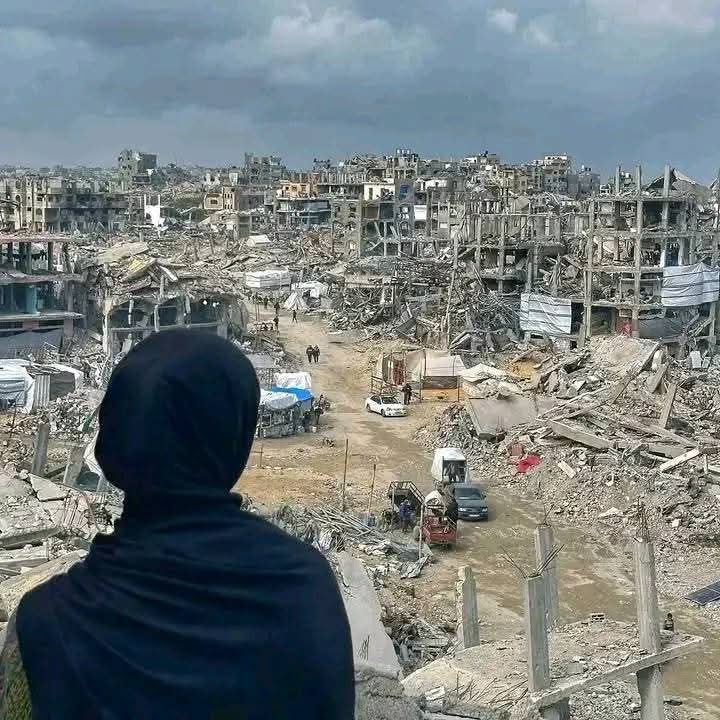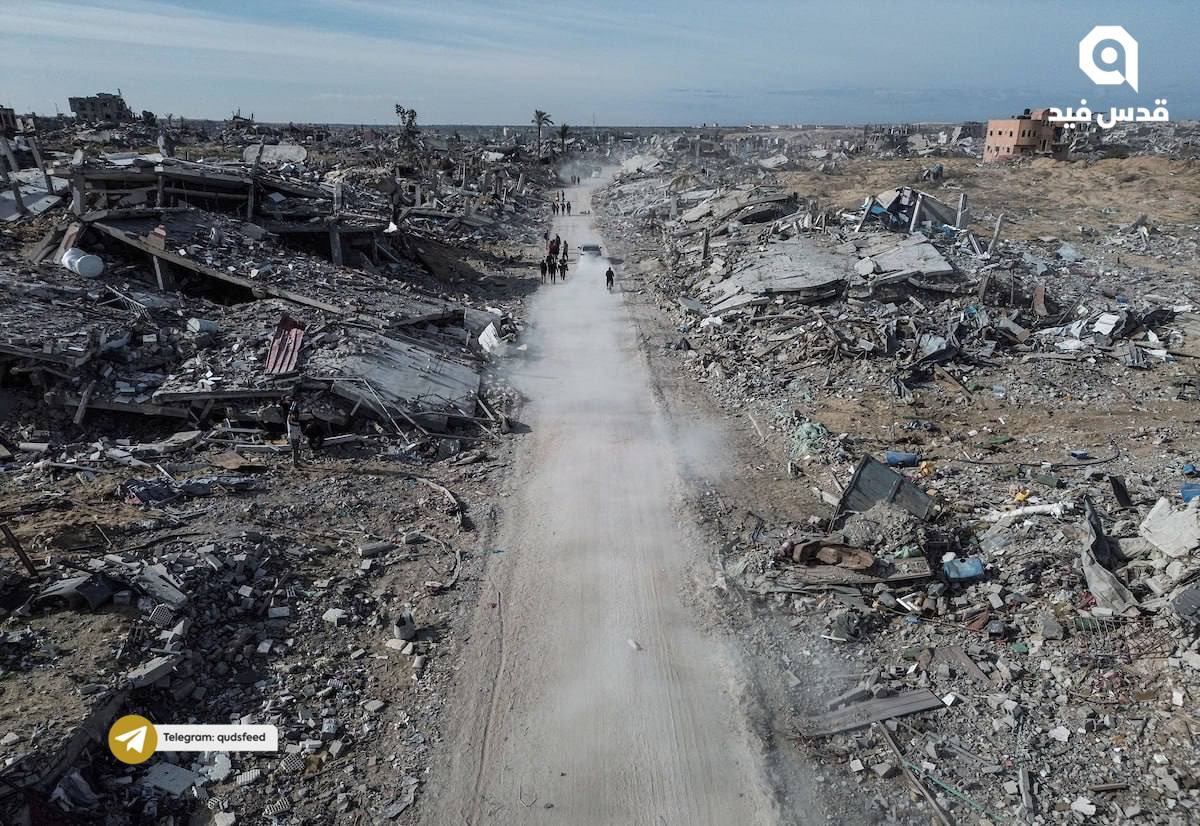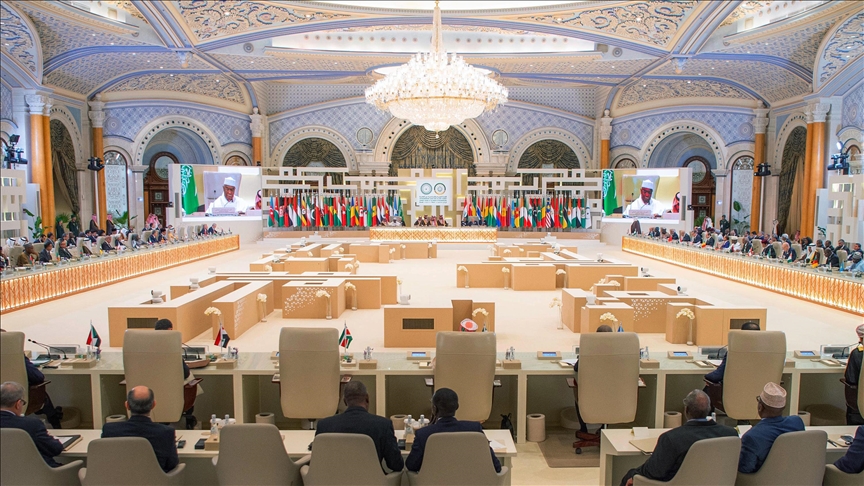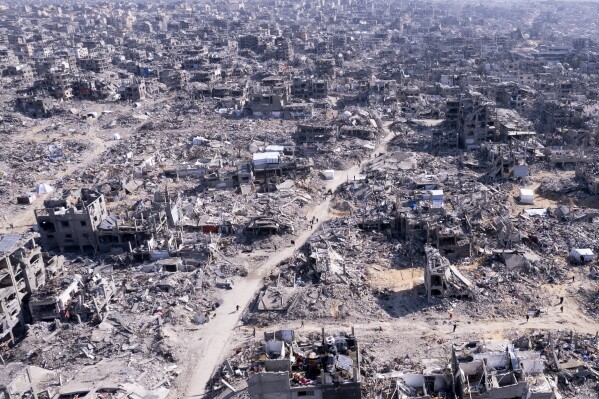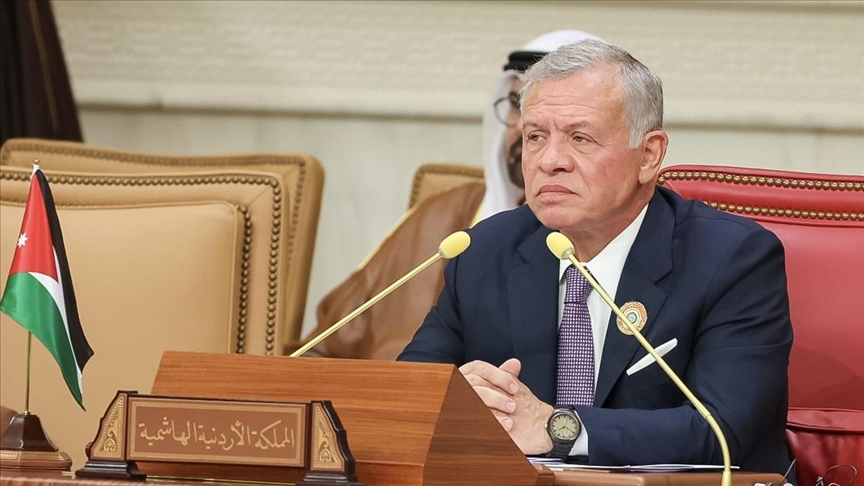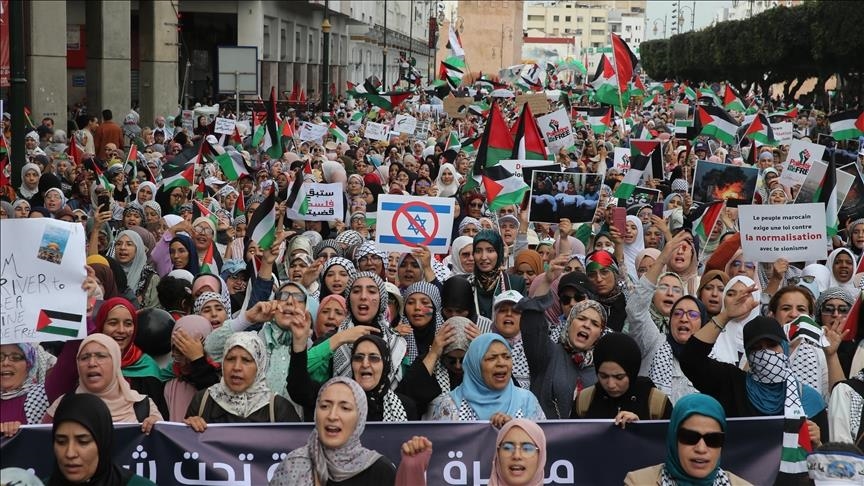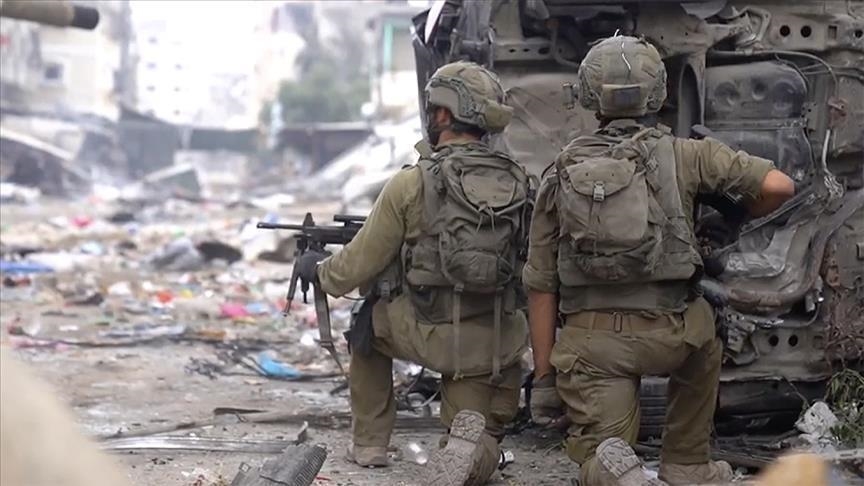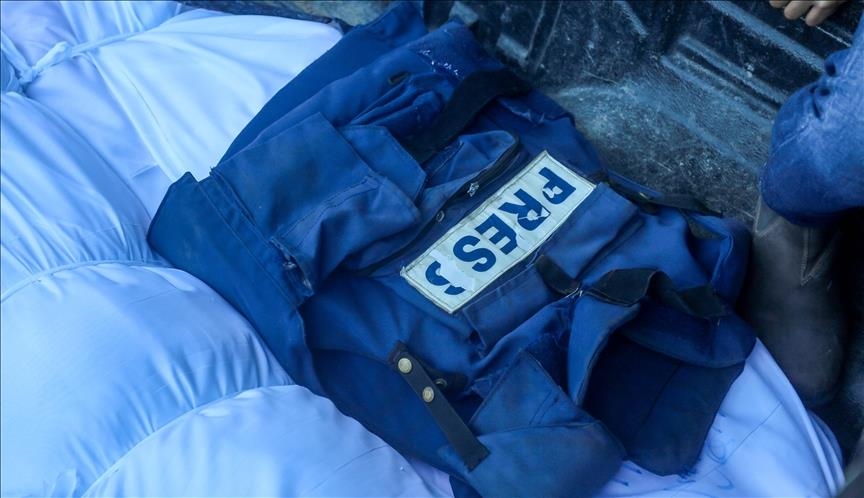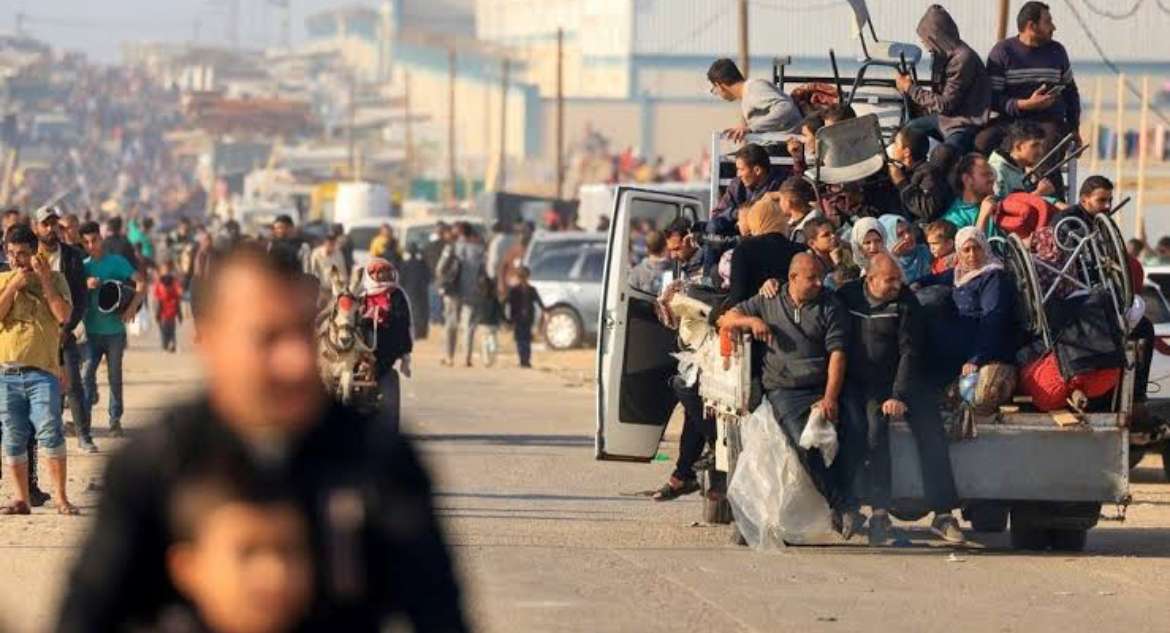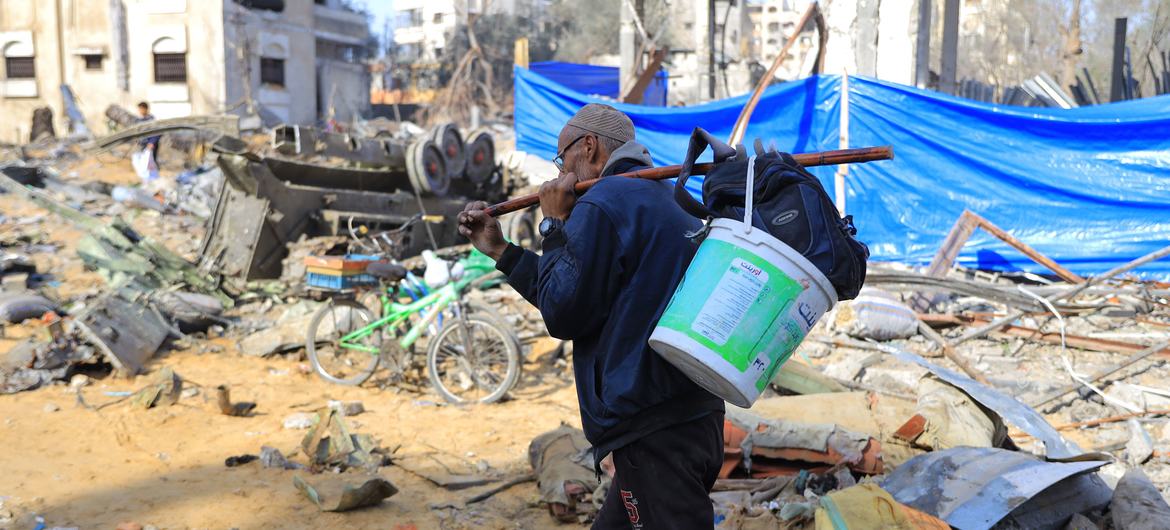Roadmap: Gaza Needs $53 Billion to be Rebuilt
Reconstruction and recovery needs in Gaza are estimated to require $53 billion, according to the Gaza & West Bank Interim Rapid Damage and Needs Assessment (IRDNA) released Tuesday. The report analyzes damages and losses as well as recovery and reconstruction needs across almost all sectors of the Palestinian economy based on data from October 2023-October 2024.
- Rapid Damage and Needs Assessments follow a globally recognized methodology that has been applied in multiple contexts to inform recovery and reconstruction planning.
- With on-ground access restrictions and the rapid pace at which the situation is evolving in Gaza, the IRDNA provides an interim estimate of the impacts and needs.
- Damages to physical structures alone are estimated at about $30 billion.
- Housing was by far the hardest hit sector, accounting for 53% of total damages, followed by commerce and industry at 20%.
- Extensive damage to lifeline infrastructure such as health, water and transport is estimated at over 15% of the total damages.
- Economic losses from reduced productivity, foregone revenues, and operating costs are estimated at $19 billion, with health, education and commerce bearing the biggest toll.
- Some sectors face higher recovery needs than the value of the physical destruction sustained, such as the funding needed for the management of the between 41 to 47 million tons of rubble and debris.
Almost all sectors in Gaza have experienced a total halt in economic production. Prices in Gaza have soared over 300% in one year, with food prices alone up by 450%. Gaza’s economy is projected to have contracted by 83% in 2024, dropping its overall contribution to the economy to 3%, despite being home to 40% of the population in the Palestinian territories. The West Bank’s economy is also struggling and is projected to have shrunk by 16% in 2024.
The report, jointly produced by the World Bank Group, the United Nations and the European Union, puts forward a roadmap for sequencing recovery efforts along with their associated costs in the short and medium term. It underscores the importance of a closely coordinated multisectoral response involving all stakeholders. The report further notes that the speed, scale and scope of recovery and reconstruction will be shaped by factors such as governance arrangements, entry to and mobility within the Gaza Strip for people and goods, law and order, and safety and security.

